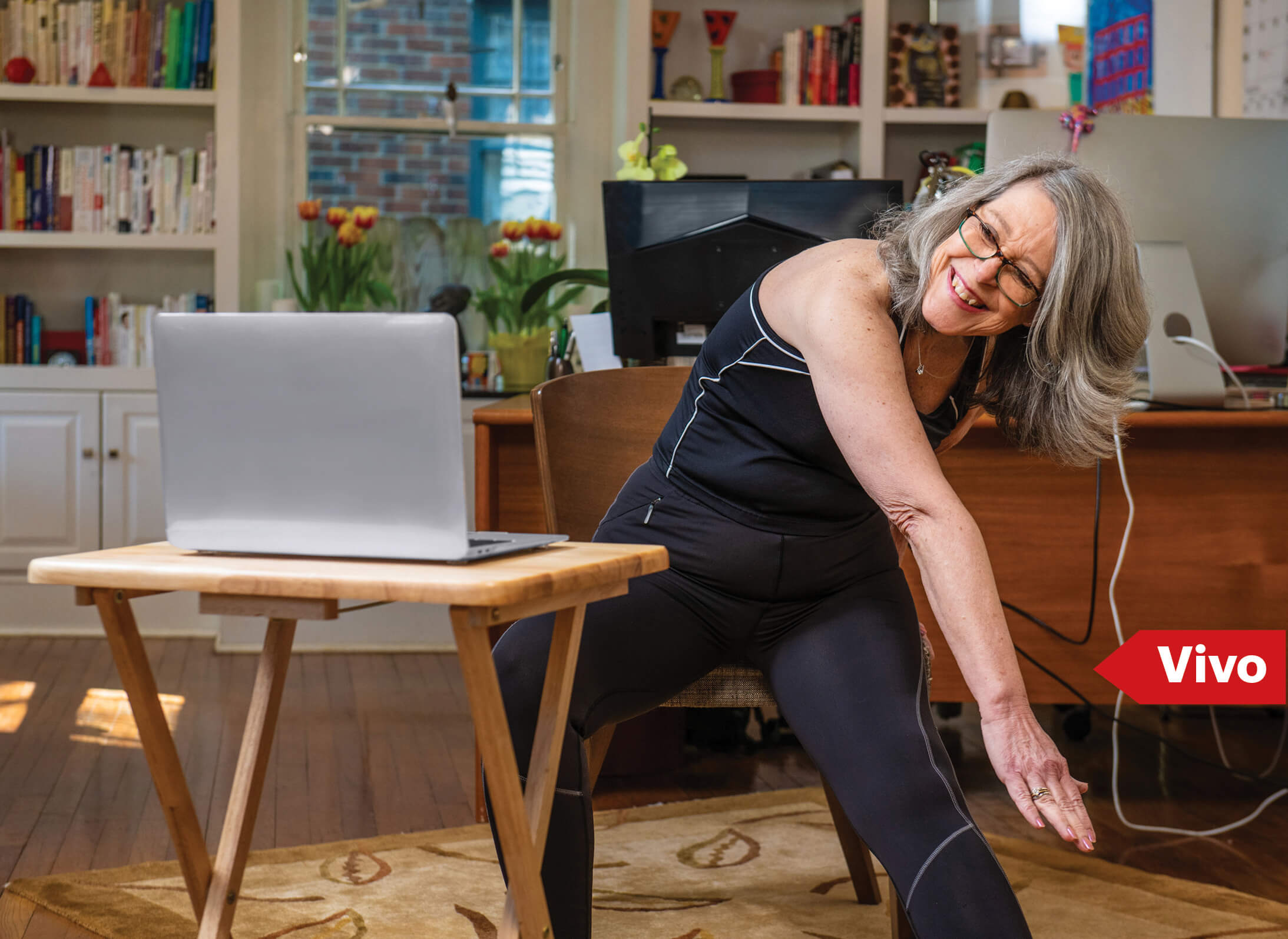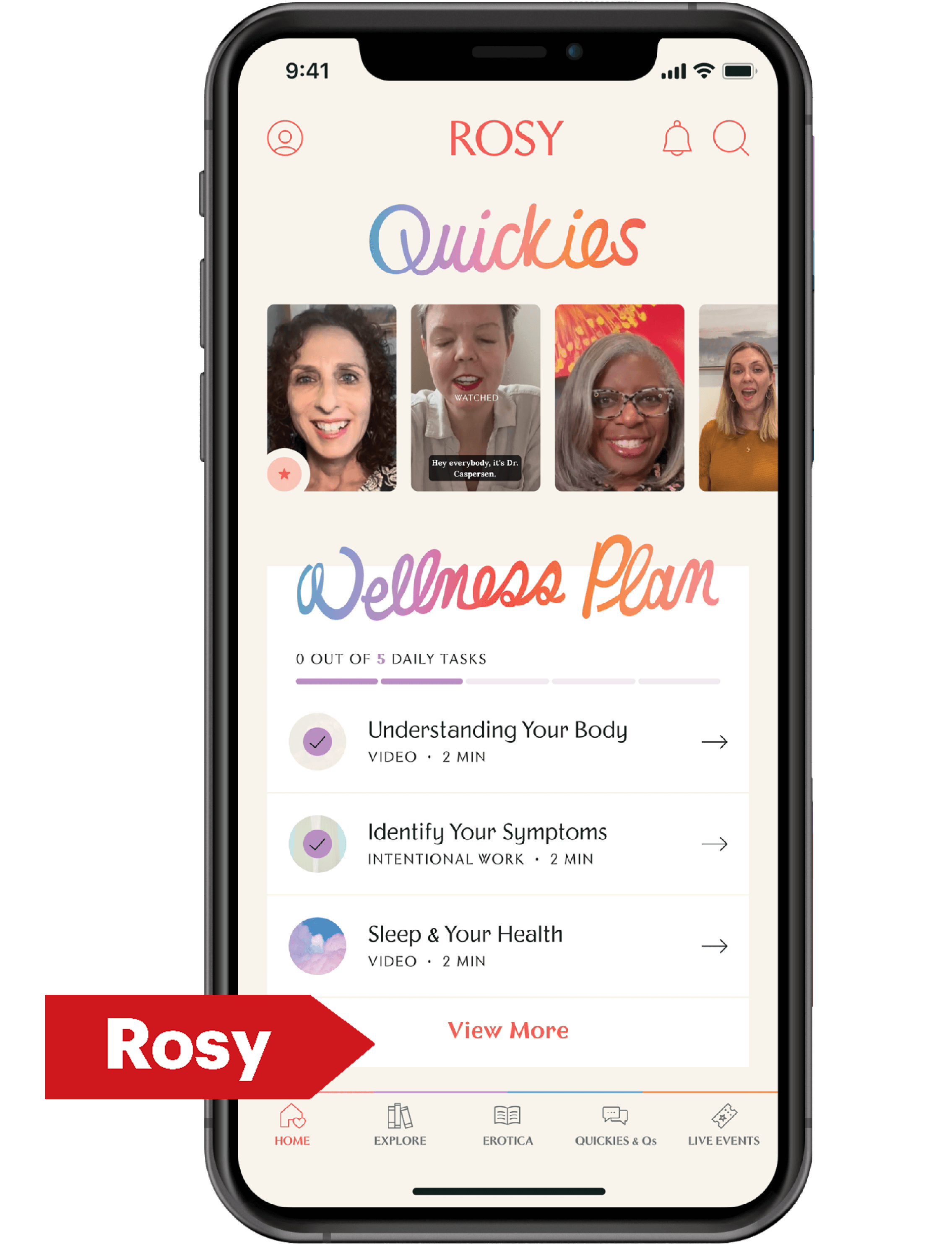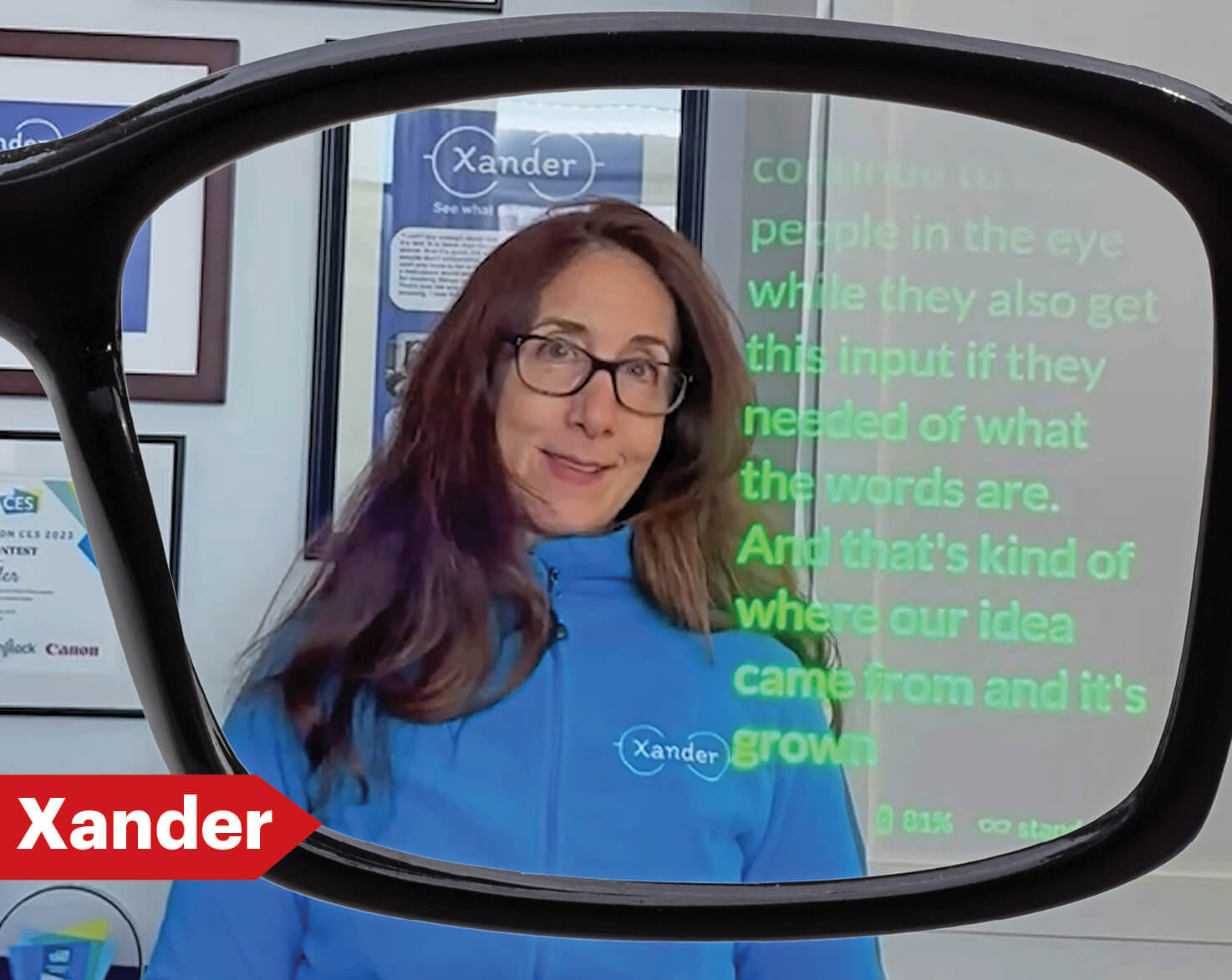Your AARP
GREAT NEW IDEAS TO HELP OLDER AMERICANS
AARP finds and develops technology that will transform aging

Technology changes everything about our lives, including how we age. Sometimes great new tech ideas need help to rise above the clatter.
Since late 2021, AgeTech Collaborative from AARP has sought out companies with great products that make aging easier, burgeoning businesses that need help shaping and, in some cases, funding their ideas through the start-up stage.
The AgeTech Collaborative invites entrepreneurs to pitch their products or technologies to experienced panels that select a handful of the best from thousands of entrants. Those winners get access to the AgeTech accelerator program, which connects them with professionals who can refine the product and think through how to best deliver it to the market. The stakes are high. Older Americans have an estimated $8.3 trillion to spend.
The AgeTech Collaborative has about $6 million invested in 83 start-ups to help get better products to market—while generating a financial return to AARP.
AARP measures how many older adults have gained a direct benefit from companies the collaborative helped: more than 2 million as of 2023.
What kinds of companies catch AARP’s eye? Ones like Zibrio, which produces a smart scale to help people improve balance and avoid falls; Prisidio, a tech-forward way to secure your most important documents and information; and Mighty Health, a digital wellness system that is custom-made for people over 50.
Some of the companies AARP helps nurture become part of the AgeTech Collaborative ecosystem, an online community of more than 500 start-ups, select investors and others who share a common goal: to provide high-quality and innovative products to serve older consumers.
Here are some recent products embraced by the AgeTech Collaborative:
► Brain health. MapHabit is an app that helps people with dementia or brain injuries by creating guides that assist them in completing tasks made difficult by their condition. Caregivers can generate digital or paper “maps” for those with cognitive impairment with instructions and schedules for daily functions and exercises, taking medications and other requirements.
► Caregiving. Miicare creates products, such as sensors, smart wearables and a digital app, that monitor health conditions, prevent falls and provide alerts to caregivers and health care providers. The company’s products can help provide peace of mind for families and caregivers through continuous health monitoring and care management.

► Women’s health. Rosy is an online community that supports women facing sexual health challenges, from fading desire to sexually transmitted infections. The platform offers customized tools, specifically designed content and expert guidance to help navigate and improve sexual well-being.
► Social isolation. Bream is an online platform that provides learning opportunities among a community of older adults, along with advice on health needs. Bream offers online classes, such as writing, drawing and dance, that inspire creativity and physical health and build social connections.
Vivo is a live, interactive online fitness program for older adults with a focus on increasing muscle strength and function with proven outcomes. Users can measure progress and stay accountable by creating a community within the platform.
► Life transitions. LivNow Relocation helps older adults and their families transition from their homes into 55-plus living communities. Clients can find comprehensive help with a challenging life change.

► Wearable tech. Lotus is a ring for people with limited mobility that allows them to control objects at home, such as lights and television systems, simply by pointing. Unlike Alexa, Lotus needs no apps, no rewiring and no internet.

Xander’s smart glasses caption in-person conversations in real time in front of the wearer’s eyes, fostering better communication for individuals with hearing challenges.